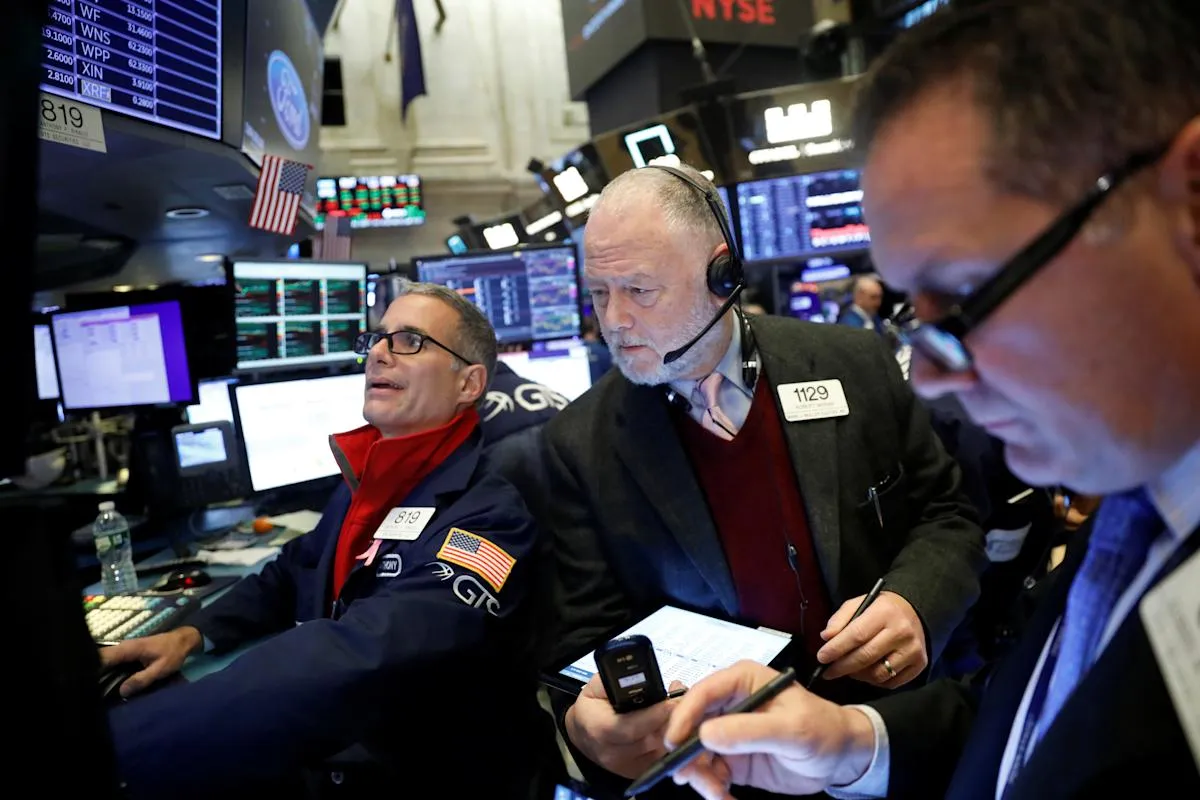The Hedge Fund Industry Trims Its Bullish Outlook on Oil as the Tariff Deadline Approaches
Hedge funds significantly reduced their bullish bets on U.S. crude oil to the lowest level since early April, as anxiety grew over President Donald Trump’s looming August 1 trade deal deadline. The market became increasingly concerned that prolonged trade disputes could hinder global economic growth and cut into energy demand.
According to data from the Commodity Futures Trading Commission (CFTC) for the week ending July 22, money managers slashed their net long positions in West Texas Intermediate (WTI) crude by 10,018 contracts, bringing the total down to 86,088 contracts. This marked the lowest net long position since April 8, signaling a notable decline in market confidence.
The reduction in bullish positions came as trade negotiations between the U.S. and several major partners stalled once again, reinforcing fears that the ongoing tariff battle could harm the economy and consequently dampen oil consumption. At the same time, crude oil stockpiles at the crucial storage facility in Cushing, Oklahoma, rose for a third straight week, just as seasonal demand from summer driving began to wane.
Brent crude, the global oil benchmark, also saw a pullback in speculative interest. Hedge funds and other money managers decreased their net bullish positions by 11,352 contracts, bringing the total to 227,393 contracts, based on data from ICE Futures Europe. This drop indicated that investor sentiment toward global oil demand is weakening, not just in the U.S. but also internationally.
The pattern extended to other refined oil products as well. Speculators lowered their bullish exposure to U.S. diesel by 1,659 contracts, reducing their net long to 38,945. This decrease was primarily the result of an uptick in short positions, suggesting that some traders expect downward pressure on diesel prices.
Nonetheless, long-only positions — or bets that prices will rise — edged higher by 109 contracts to reach 54,053, the highest level since late February. This signals that although speculative sentiment may be softening, fundamental tightness in the diesel market still supports some optimism.
Globally, hedge funds appeared increasingly bullish on gasoil, the European equivalent of diesel. Long-only positions surged by 7,632 contracts to 132,133 during the same reporting period. This marked the highest level of long-only gasoil positions in more than three years, according to ICE data, pointing to persistent global tightness in middle distillates and ongoing demand strength, especially in Europe and Asia.
Overall, the broader energy market is showing signs of cautious sentiment, as uncertainty around global trade negotiations overshadows otherwise supportive fundamentals such as constrained supply and inventory trends. The reduction in bullish positions by hedge funds suggests they are bracing for potential volatility and weakening demand if the geopolitical climate fails to improve.
In particular, the increased stockpiles at Cushing, a key delivery point for WTI futures, underscore concerns that domestic demand might not be strong enough to keep inventories in check. As the peak summer travel season nears its end, gasoline and diesel consumption tends to slow, further weighing on crude demand.
Traders are also watching global economic signals closely. Worries that the escalating trade tensions between the U.S. and countries such as China, the European Union, and Japan could drag down industrial activity and transportation are feeding into bearish sentiment in oil markets. A slowdown in manufacturing or shipping would directly reduce the need for refined fuels, which in turn would impact crude oil demand.
Despite these cautionary signs, some pockets of the oil market remain supported by supply tightness. For instance, gasoil continues to experience robust demand, and the increased long-only positions suggest that some investors are betting that a supply squeeze could push prices higher, even in the face of broader economic headwinds.
Meanwhile, the rise in diesel long-only positions, albeit modest, highlights that fuel demand has remained relatively firm. Factors such as reduced refinery output and shipping bottlenecks could continue to keep diesel inventories tight, supporting higher prices even if crude oil markets trend downward due to macroeconomic pressures.
Looking ahead, much of the oil market's direction may hinge on whether the U.S. can strike trade deals with its key partners by the August 1 deadline set by Trump. A failure to resolve disputes could reignite fears of a prolonged trade war, further curbing investor enthusiasm and deepening bearish sentiment across energy markets.
Conversely, any progress toward agreement could inject new optimism, potentially reversing the recent downturn in hedge fund positions. Until then, energy investors are likely to remain on edge, keeping a close watch on political developments and inventory trends.

Subscribe to our newsletter!
As a leading independent research provider, TradeAlgo keeps you connected from anywhere.








